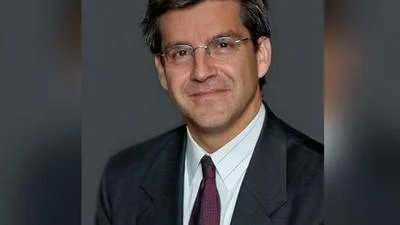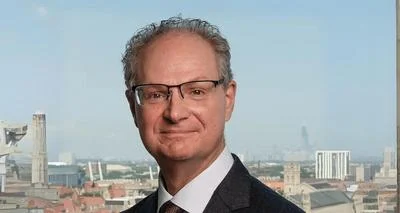Illinois State Rep. Thomas Morrison (R-Palatine) | morrison4staterep.com
Illinois State Rep. Thomas Morrison (R-Palatine) | morrison4staterep.com
Springfield lawmakers are being pressured to add 20 to 30 cents to Illinois's gas tax, which could make it the highest fuel tax in the nation, a Chicago-based conservative think tank reported earlier this month.
"Springfield is facing mounting pressure to enact a massive state gas tax hike," Illinois Policy Institute (IPI) said in an article published Jan. 4. "One proposal would make the average motorist pay as much as $200 per year in additional taxes on gas."
Illinois's gas tax already is one of the highest in the nation but a group of mayors, led by outgoing Chicago Mayor Rahm Emanuel, last month called on lawmakers in Springfield to raise Illinois's motor fuel tax by 20 to 30 cents a gallon.

| MorgueFile - cohdra
"Even on the lower end of the mayors' range, Illinois’s average gas tax burden would increase to 57.3 cents per gallon, excluding the federal tax," wrote Vincent Caruso in the IPI article. "This would push Illinois's overall gas tax burden to second highest in the nation, trailing Pennsylvania by just over 1 cent."
The high end of the proposed hike would surpass Pennsylvania's fuel tax.
The IPI long has pushed for alternatives to new and higher taxes, and it is not alone on the proposed Illinois fuel tax increase. Last month, state Rep. Tom Morrison (R-Palatine) urged lawmakers to consider reforms and other revenue sources, such as charging owners of electric car a full registration fee instead of giving them the steep discount they currently get under the state's Green Driver Incentive program.
"Illinois has not passed a capital funding bill since 2009," the IPI article said. "Still, the fact that other states can provide state-of-the-art infrastructure in a low-tax environment as high-tax Illinois falls behind should call into question how Springfield is spending its existing tax dollars."
Another option would be to end the longtime Illinois tradition of patronage jobs, the expense of which has been pointed up in recent scandals that revealed significant waste and abuse in two state infrastructure agencies, according to the IPI article.
"In 2017, a federal investigation into hundreds of 'staff assistant' hires made at the Illinois Department of Transportation found that the agency had for years been doling out patronage jobs to politically connected applicants," the article said, citing the Chicago Tribune. "The agency pushed candidates through the application process with 'little or no regard' for actual hiring need, or whether the candidate was qualified for the job."
The IPI article did not suggest that addressing the state culture that produced those scandals would cover an amount brought in by a new fuel tax, only that patronage jobs are an example of waste in Illinois government that taxpayers can ill afford.
"While addressing those scandals may not on [its] own account for the state's infrastructure needs, they provide a useful roadmap for where state lawmakers can begin scaling back waste and abuse of existing tax dollars—before asking for more at the pump," the article said.





 Alerts Sign-up
Alerts Sign-up